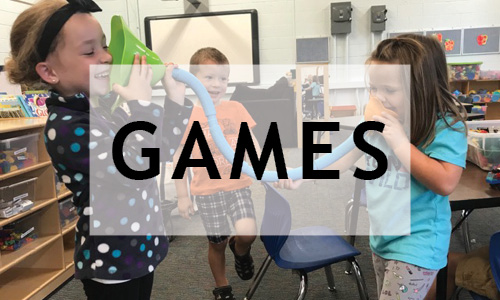I notice that a number of people who come to my site are searching for and interested in information on apraxia and speech therapy for apraxia. Parents want to know when and how it is diagnosed and what kinds of therapy they should be looking for to help their child.
I have blogged on this topic a number of times, often related to my view that children are often diagnosed too early or misdiagnosed in this area. I ran across a helpful interview that addresses this issue as well as appropriate therapy approaches, feedback and practice. In the professional magazine, www.advance.com., blogger and speech language pathologist Stephanie Bruno Dowling, interviews Sharon Gretz, MEd., founder and current executive director of CASANA, the Childhood Apraxia of Speech Association of North America. Her interview is very informative and helpful to parents as well as therapists. Several points are emphasized that I agree with:
- Effective apraxia therapy must be approached from a motor planning and programming approach, understanding that children with CAS practice movements that lead to permanent change in their motor system.
- Effective therapy is delivered individually and in short, frequent sessions. I have had parents call me, telling me that their child was diagnosed with Childhood Apraxia of Speech and they were getting therapy in a group, once or twice a week for an hour. Therapy needs to be very specific for a child and include repeated execution of motor movements which is not conducive to group therapy. Several shorter sessions per week have been found to be more effective. In fact, the American Speech and Hearing Association recommends therapy 3-5 times per week for children who are diagnosed with severe to moderate CAS.
- Effective practice by the therapist and parents as well as feedback is important for progress with CAS
- Effective speech therapy for apraxia appears “to include multi-sensory feedback in the form of visual, verbal, or even tactile/touch cues to help guide the child’s speech movements.” Unfortunately there isn’t one method that is right for each child so it is necessary to try different approaches that involve strengthening the child’s internal sensory systems, while giving feedback for correct motor movements. I have blogged in the past about success I have found in using the Kauffman approach as well as PROMPT.



